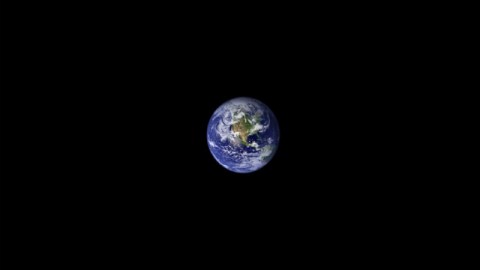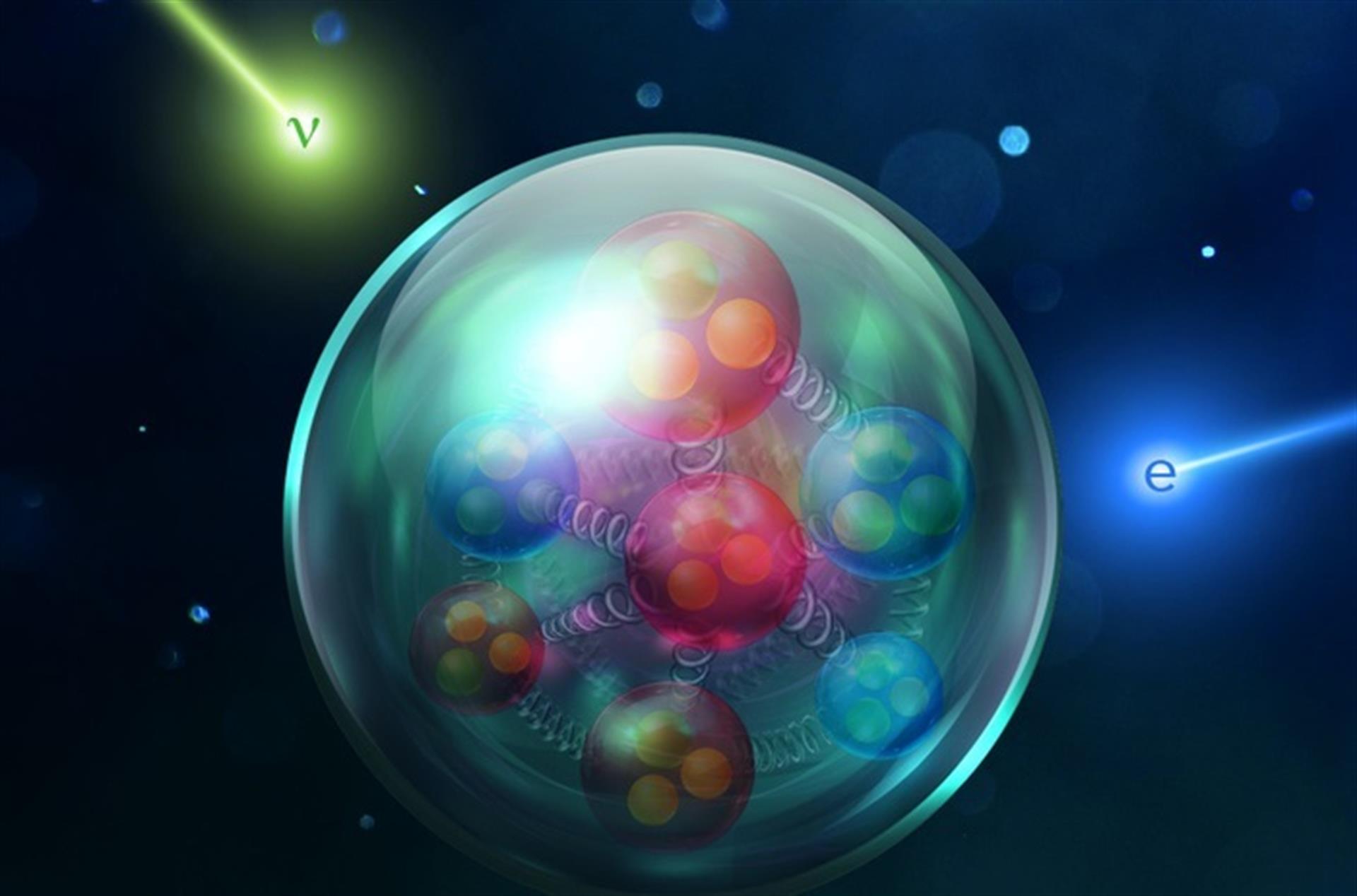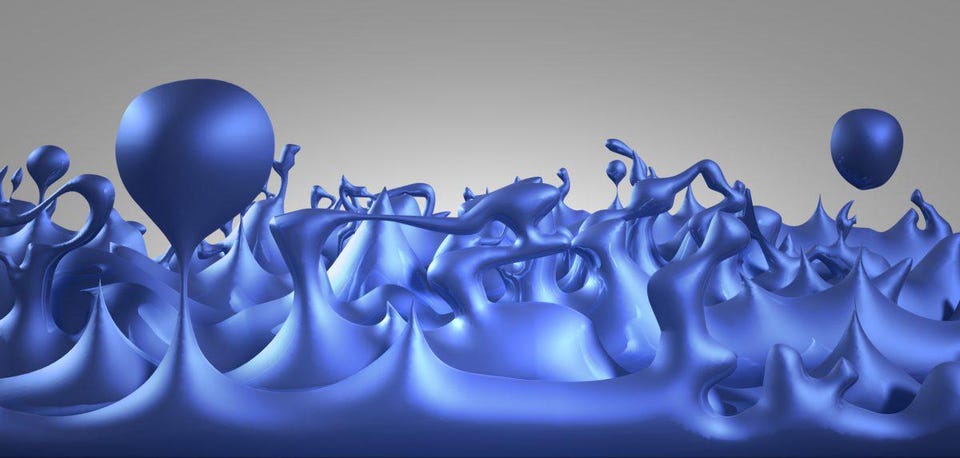We’re Puny, Insignificant, and Doomed – and That’s the Good News

What’s the Big Idea?
One day when he was three years old, my son asked me: “Daddy, who made this whole world?” I understood in that instant the power of religious creation myths. How simple – how comforting it would have been to be able to reply: “God made it.” How many questions it would have answered for him all at once. But I don’t believe any such thing, and while I might equivocate on Santa Claus, I can’t justify satisfying my kid’s emerging curiosity about the universe with what seem to me convenient fictions. I told him: “We’re not sure how the universe was made, but probably nobody made it. Probably, somehow, it just happened. Scientists are studying it.” Now almost five years old, he has a deep respect for and fascination with scientists – gatekeepers of the mysteries of creation.
Physicist Lawrence Krauss would be proud. He finds creation stories depressing – not because they’re implausible, but because they extinguish curiosity and limit human agency. The real world, he says, is much stranger and more wonderful than anything science fiction can envision, and it doesn’t give a damn about our common sense. The purpose of science, Krauss argues, is to overturn common sense, revealing reality as it is in spite of the fictions that help us survive and make sense of our everyday world.
Video: Lawrence Krauss on Prehistoric Common Sense
A worldview that places human beings at the center of the universe and gives us individual destiny certainly simplifies things. It spares us at least some of the anxiety of uncertainty and makes it easier to choose a single path through a sea of possibilities. But Krauss argues that mysteries are precisely what make life worth living. Scientists are driven, he says, both by the challenge of solving puzzles and by the fact that beneath them there’s always a deeper mystery to solve.
Krauss uses the word spiritual to describe the sense of wonder and exhilaration he feels at staring directly into the void, facing squarely these questions and their often surprising answers. His research into the strange realms of dark matter suggests that it is entirely plausible that everything – stars, planets, Lady Gaga, ice cream cones – came from nothing at all. In fact, nothing turns out not to be nothing after all, but to be full of “virtual particles” that wink into and out of existence according to quantum laws. But these are matters for another post. To get the full story, check out Krauss’ book A Universe From Nothing.
Video: Lawrence Krauss: From a Cosmic Perspective, We’re Irrelevant. It’s Up to Us to Give Our Lives Meaning.
What’s the Significance?
What quantum and astro- physics means for us humans is that a) from the perspective of the universe, we hardly matter at all and b) our prognosis as a species is dim. For Krauss, this is exhilarating, uplifting news because it means that our lives are all the more precious. For all we know, we may be the only living beings in the universe, or at least the only ones with consciousness. How remarkable that on this remote planet, we’ve got the ability to ask questions, to write blog posts, to seek cures for cancer. If all we have is one another, our brief life spans, and the things we’re able to discover and create, then we’ve got the power and responsibility to make our lives meaningful.
What we’re talking about here is courage. For those of us lucky enough to live in circumstances where our basic needs are met and our lives aren’t typically in danger, it may be time to let go of the lizard brain and its fear-based survival mechanisms. It may be time to trust in our ability to face uncertainty with awe, and even terror, without retreating into old, comforting narratives. One thing’s for certain – as long as we keep telling ourselves the same old story, the ending will always be the same.
Follow Jason Gots (@jgots) on Twitter





